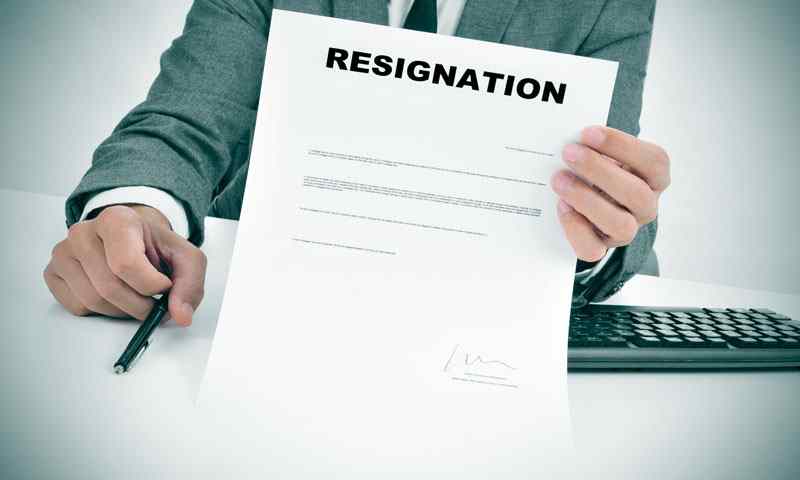
In a recent development, U.S. District Judge Rolando Olvera from Brownsville, Texas, has paused the U.S. Department of Justice’s (DOJ) pursuit of an administrative case against Elon Musk’s SpaceX. The case alleged that SpaceX had unlawfully refused to hire refugees and asylum recipients. Judge Olvera’s decision stems from concerns about the legitimacy of administrative judges within the Justice Department who handle cases related to anti-immigrant bias.
Administrative Hurdles: Judge Questions Appointments
In a written order on Wednesday, Judge Olvera expressed reservations about the proper appointment procedures of administrative judges involved in cases concerning anti-immigrant bias. This challenge to their appointment legitimacy became the cornerstone for blocking the DOJ’s case against SpaceX. The lawsuit, filed by SpaceX in September, contends that the administrative case violates the U.S. Constitution.
Want to know if you’re earning what you deserve? Find out with LawCrossing’s salary surveys.
DOJ’s Allegations: Bias in Hiring Practices
The Justice Department had initially claimed that between 2018 and 2022, SpaceX routinely discouraged asylum recipients and refugees from applying for jobs, effectively excluding them from consideration. In job postings and public statements, the DOJ further alleged that SpaceX falsely asserted that federal regulations, specifically export control laws, limited their hiring to U.S. citizens and lawful permanent residents, commonly known as green card holders.
Musk’s Statements: A Crucial Piece of Evidence
Central to the Justice Department’s argument was a June 2020 post on Elon Musk’s social media platform, formerly known as Twitter. Musk’s statement, “U.S. law requires at least a green card to be hired at SpaceX, as rockets are advanced weapons technology,” was cited as evidence of SpaceX’s purported discriminatory hiring practices.
SpaceX’s Defense: Denial of Wrongdoing
SpaceX has vehemently denied wrongdoing, asserting that it has hired hundreds of non-U.S. citizens. In their defense, the company has raised concerns about the appointment process of administrative judges. According to SpaceX’s lawsuit, these judges, appointed by the U.S. attorney general, wield powers that should be reserved exclusively for officials appointed directly by the president.
Legal Verdict: Upholding Constitutional Requirements
Judge Olvera concurred with SpaceX’s argument, emphasizing that federal law does not grant the attorney general the authority to review decisions made by administrative judges. In alignment with constitutional principles, Judge Olvera asserted that the appointment of these judges should follow a process involving the president’s appointment and confirmation by the U.S. Senate.
As the legal battle ensues, the Justice Department and SpaceX have refrained from immediate comments on the recent developments. The outcome of this case could have broader implications for companies’ hiring practices and administrative judges’ authority in similar matters.
Don’t be a silent ninja! Let us know your thoughts in the comment section below.


































